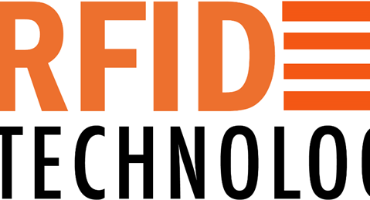Some of the key challenges include:
Asset Item Tracking and Traceability: Ensuring accurate tracking and traceability of rented items and warehouse assets can be challenging with traditional manual methods. RFID technology provides real-time visibility, but it requires proper tagging and systematic scanning to track items throughout their lifecycle. Overcoming challenges related to tag placement, item handling, and process integration is crucial for accurate item tracking.
Asset Item Rental Return Management: Efficiently managing the return of rented items involves verifying the condition and completeness of returned stock. RFID can streamline the process by automating the identification and reconciliation of returned items. However, challenges may arise when dealing with a high volume of returns, addressing potential misreads, and integrating RFID data with the rental management system.
Asset Item Rental Availability and Inventory Accuracy: Maintaining accurate inventory levels and availability for rental stock is essential for meeting customer demands. RFID technology can enhance inventory accuracy by automating stock counts, reducing manual errors, and enabling real-time visibility. However, ensuring synchronization between the RFID system and the rental management software, handling stock discrepancies, and optimizing stock replenishment processes can be challenging.
Asset Location and Utilization: Warehouse asset management involves tracking and optimizing the utilization of assets such as forklifts, pallet jacks, and other equipment. RFID technology can provide real-time visibility into asset location and utilization data, but challenges may arise when monitoring assets in large or complex warehouse environments, dealing with tag read-range limitations, or integrating asset management systems with RFID data.
Asset Item Rental Duration and Overdue Management: Managing rental durations and identifying overdue items can be challenging without an automated tracking system. RFID technology can help monitor rental durations, trigger alerts for overdue items, and streamline the billing process. However, implementing robust data management processes, integrating RFID data with the rental management software, and addressing potential system integration challenges are crucial for effective overdue management.
Security and Loss Prevention: Preventing theft, unauthorized rentals, or misplacement of rented items is vital for a hire company. RFID can enhance security by providing item visibility, triggering alarms for unauthorized movements, and reducing the risk of inventory shrinkage. However, implementing appropriate access control mechanisms, securing RFID data, and integrating RFID technology with existing security systems can present challenges.
Process Integration and Staff Training: Implementing RFID technology requires integrating it with existing rental management systems, ERP software, and warehouse management systems. Ensuring seamless integration, data synchronization, and staff training on RFID processes and systems are challenges that need to be addressed to minimize disruptions and maximize the benefits of the RFID implementation.
Cost and Return on Investment (ROI): RFID implementations involve upfront costs, including tags, readers, infrastructure, and software. Evaluating the ROI and justifying the investment can be challenging, especially for smaller hire companies. Conducting a cost-benefit analysis, considering long-term operational efficiencies, and carefully planning the implementation strategy are important steps to address these challenges.
By carefully addressing these challenges through proper planning, system optimization, and collaboration with RFID solution providers, a hire company can effectively implement RFID technology for stock rentals, returns, and warehouse asset management, resulting in improved operational efficiency and customer satisfaction.



